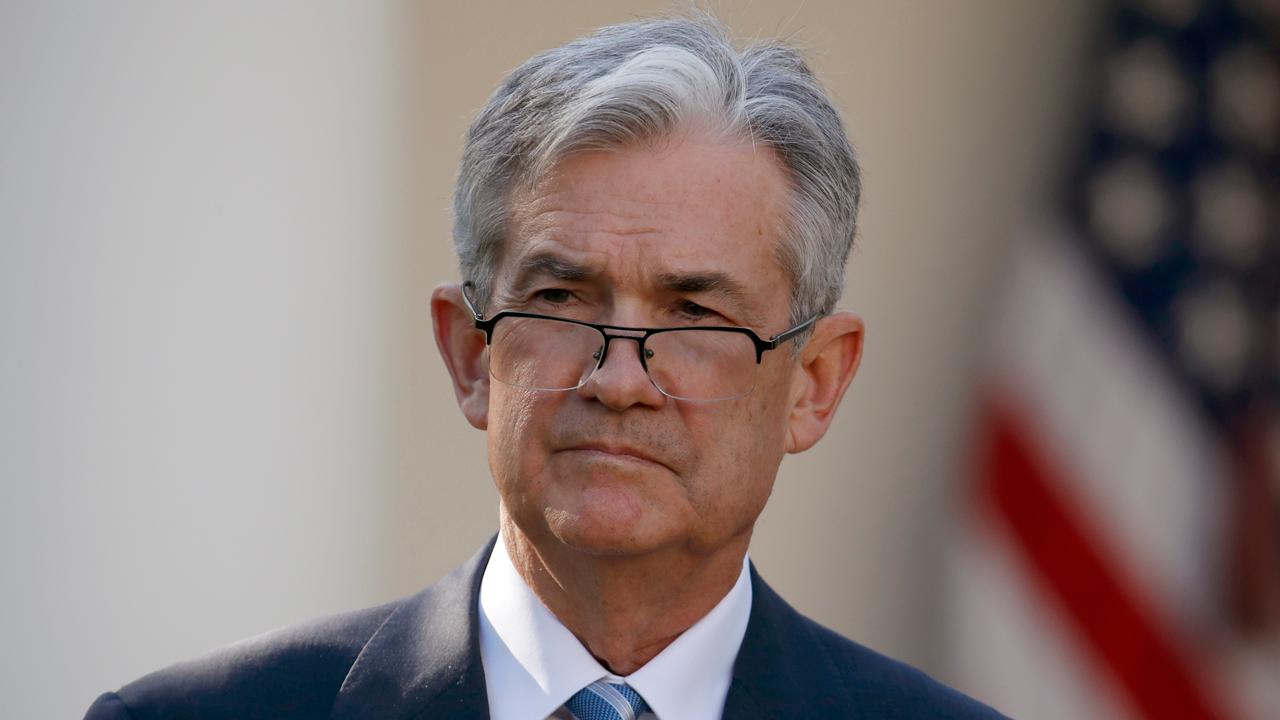Fed chair nominee Powell defends push to review financial regulations
Jerome Powell, U.S. President Donald Trump's choice to lead the Federal Reserve, defended the need to potentially lighten regulation on the financial sector, telling a Senate panel that after years of adding new rules it was time to take a pause and review what has been done.
"I am not characterizing what we are doing as deregulation...It is looking back and making sure what we did makes sense," Powell told the Senate Banking Committee at his confirmation hearing to become Fed chair, adding "it does not help anyone for banks to waste money."
Powell said in general he wanted to be sure regulations were "tailored" to the size and role of different institutions. The Fed, he said, did not need to push into any new areas of regulation, and he declared the problem of banks that are "too big to fail" all but solved.
Asked if any banks were still in that category - so large that their collapse would cause wide-ranging harm to the financial system - he responded "I would say no to that."
The discussion of financial regulation provoked the sharpest exchanges in what was a generally genial hearing, as Democrats questioned whether Powell would coddle Wall Street and risk a repeat of the 2007 to 2009 financial crisis, and Republicans wondered if the Fed would go far enough in lightening the burden on businesses.
Powell repeatedly declined to answer questions about whether the tax plan being debated on Capitol Hill would - as Republicans argue - boost economic growth, or simply explode the debt as Democrats contend.
The impact of the tax bill on the economy could shape Fed policy in coming years but, "I am not an expert on what analysis is out there," Powell said, resorting to a common Fed stance that tax and spending decisions are the responsibility of elected leaders and outside the Fed's authority.
He also said that the case for raising interest rates at the Fed's December meeting "is coming together."
STAYING THE COURSE
Powell overall presented himself as an extension of the Fed policies set under current chair Janet Yellen and her predecessor Ben Bernanke, saying the central bank should "respond decisively" to any new economic crisis, and insisting the Fed retain its independence from political influence in setting policy.
"We must retain the flexibility to adjust our policies in response to economic developments," said Powell, who has served as a Fed governor since 2012, a term spanning the end of Bernanke's chairmanship and Yellen's four years as Fed chief.
"We must be prepared to respond decisively and with appropriate force to new and unexpected threats to our nation's financial stability and economic prosperity."
During Powell's time as a governor the Fed has regularly come under the criticism of Republican lawmakers worried that the central bank's bondbuying and other crisis response programs created risks to the financial system, and that central bankers had accumulated too much discretionary power.
But Powell made clear he feels the Bernanke-Yellen approach should be maintained, with the Fed open to congressional oversight, but in unquestioned control of its policy choices.
"I will do everything in my power to achieve those goals while preserving the Federal Reserve's independent and nonpartisan status that is so vital to their pursuit," Powell said, referring to the Fed's congressionally mandated goals of promoting both maximum employment and low and stable inflation.
In opening remarks both Committee Chairman Mike Crapo, Republican of Idaho, and senior Democrat Sherrod Brown of Ohio indicated relatively smooth sailing for the nomination.
Crapo said he regarded Powell as "qualified to lead the Fed," while Brown said his chief concern was the Trump administration's direction on issues like financial regulation rather than Powell.
"You have supported tough rules," Brown said. "We have had a good working relationship...I hope that will continue."
Trump nominated Powell, aged 64, from among five finalists, including Yellen as well as others who have argued for more fundamental changes at the Fed. Some of the arguments for reform, including the use of rules governing interest rate policy and rooted in skepticism about the Fed's approach to crisis-fighting, have support among the lawmakers who must confirm Powell as Fed chair.
Early in his time as a governor Powell, a lawyer who has spent the bulk of his career in the private sector as an investment banker and private equity executive, shared some of those concerns. But he gradually came to emphasize in his public statements that the benefits of current Fed policy, with years of loose money allowing time for displaced workers to trickle back to the job market, outweighed the risks.




















